
Scientists Discarded One Of The Most Groundbreaking Astronomical Discoveries Because The Researcher Was A Woman
For a long time, many scientists were wrong about what the sun is made-up of until a 25-year-old student wrote an extraordinary doctor’s thesis proving that sun and other stars are made mainly of helium and hydrogen.
More info: www-history.mcs.st-and.ac.uk
The student who made this groundbreaking discovery was Cecilia Payne-Gaposchkin. However, only a few of us attribute this discovery to her, because Cecilia was robbed of the credit for one of the greatest astronomical accomplishments because there was no such concept as gender equality at the time.
In 2002, Jeremy Knowles, the dean of the Harvard University’s Faculty of Arts and Sciences said about Cecilia: “Since her death in 1979, the woman who discovered what the universe is made of has not so much as received a memorial plaque. Her newspaper obituaries do not mention her greatest astronomy discovery. […] Every high school student knows such famous scientists as Newton who discovered gravity, Darwin who discovered evolution, even that Einstein discovered relativity. But when it comes to the composition of our universe, the textbooks simply say that the most prevalent element in the universe is hydrogen. And no one ever wonders how we know. … after the award of her doctorate, she lectured in the astronomy department, but her lectures were not listed in the course catalog. The astronomer directed graduate research without status; she had no research leave, and the department categorized her small salary under ‘equipment.’ And yet she survived and flourished”
Cecilia’s life was filled with interesting facts and stories. Born in 1900 in Wendover, England, from a young age, she dreamt of becoming a scientist and was eager to achieve her goal. In 1919 she was awarded a scholarship for Natural Sciences at Newnham College Cambridge University. Even though Cecilia successfully completed her studies, she was not awarded a degree because Cambridge did not grant degrees to women until 1948.
Cecilia realized that with so little opportunities for women in the UK scientific community, her only option was to become a school teacher. However, after being introduced to the Director of the Harvard College Observatory, Harlow Shapley, she decided to continue to pursue a career in astronomy sciences and moved to the United States.
Her former lecturer Arthur Eddington wrote a reference in which he said: “She has attained a wide knowledge of physical science including astronomy, and possesses the valuable qualities of energy and enthusiasm in her work … I believe that she is the type of person who, given the opportunity, would devote her whole life to astronomy and she would not want to run away after a few years’ training to get married.”
In 1923 she became a National Research Fellow at Harvard University in Cambridge, Massachusetts. Two years later she became the first person to earn a doctorate at Radcliffe College in the field of astronomy for graduate work done at the Harvard College Observatory.
Her revolutionary doctorate thesis, in which she argued that stars are composed mainly of helium and hydrogen, was questioned. Fellow astronomist, Henry Norris Russell, who had doubts about her theory, persuaded Cecilia not to present her thesis, only to publish her discovery in 1930 as his own discovery. Cecilia’s 200-page long research was ignored, and she was robbed of her due credit.
Eventually, astronomers recognized her work. Otto Struve described her original thesis as “the most brilliant Ph.D. thesis ever written in astronomy.”
Sadly, this would not be the only time she was dissuaded from publishing her findings. She was talked out of publishing her discovery of the Stark effect in the spectra of the hottest stars and findings on interstellar absorption. These discoveries were later established and credited to other scientists.
Cecilia was given the title of Astronomer in 1938. She held this position until 1956 when she became the first woman professor at Harvard. She also became the first woman to serve as a department chair, and in 1956 she began serving Chair of the Department of Astronomy at Harvard University.
Despite the gender discrimination she faced, Cecilia persisted and paved the way for other women to pursue a career in science. Today she is known as the greatest female astronomer in history.
34Kviews
Share on FacebookIt's depressing how women were segregated against. It still bothers me when little boys say that girls are weak and prissy.
It's depressing how women were segregated against. It still bothers me when little boys say that girls are weak and prissy.

 Dark Mode
Dark Mode 

 No fees, cancel anytime
No fees, cancel anytime 






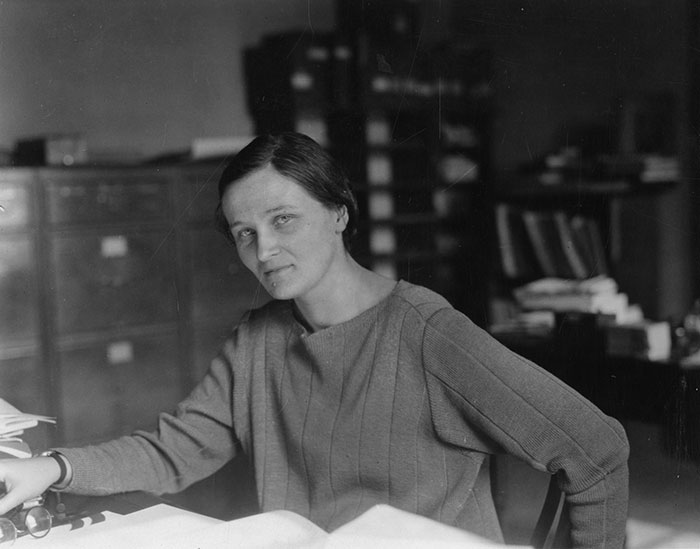
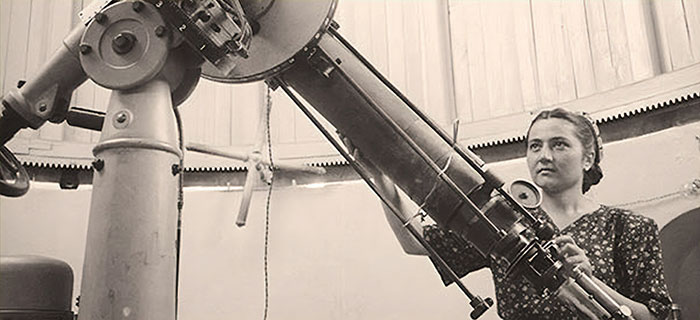
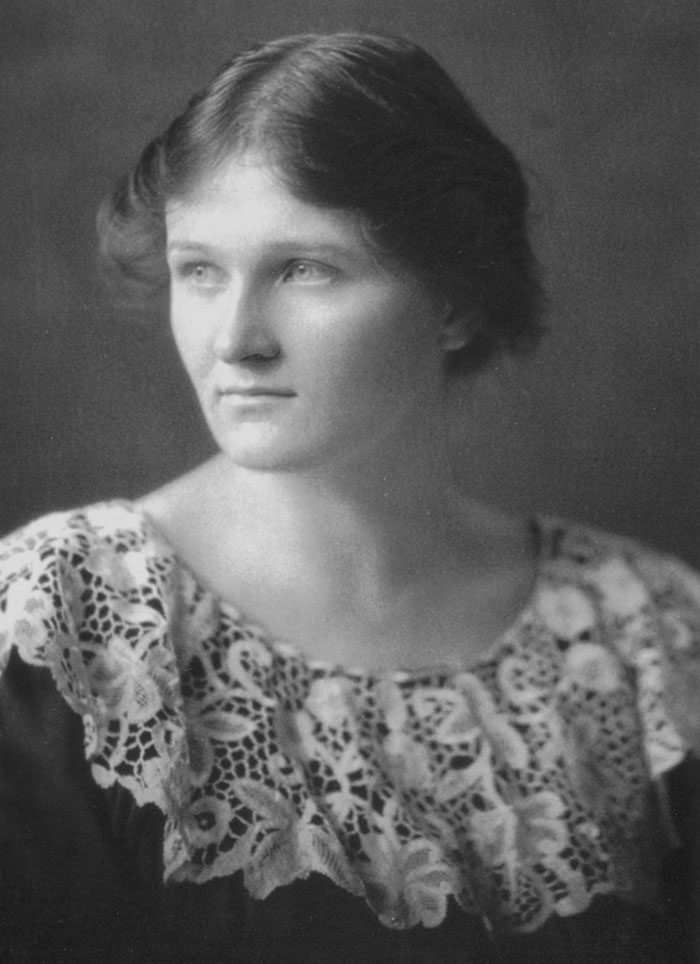
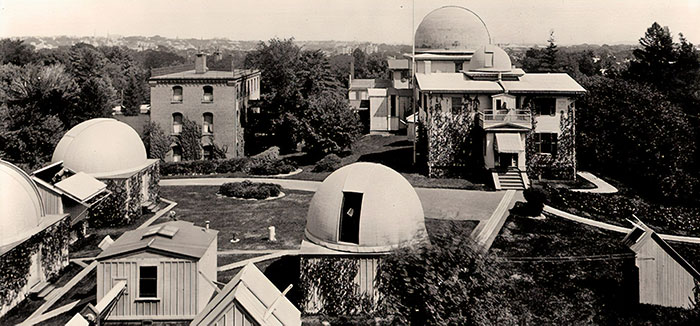
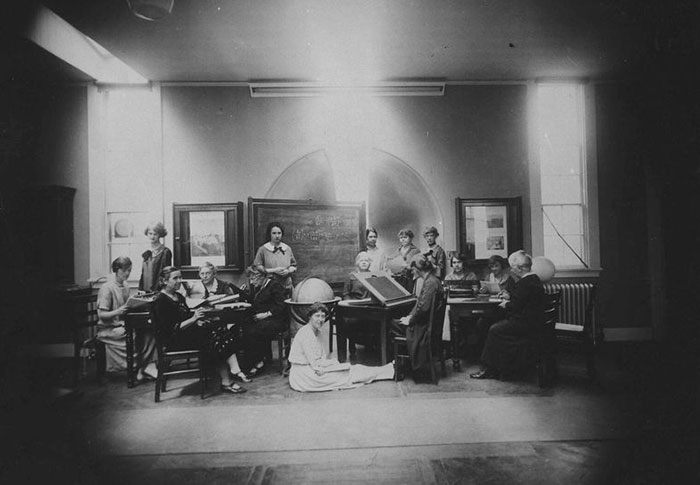
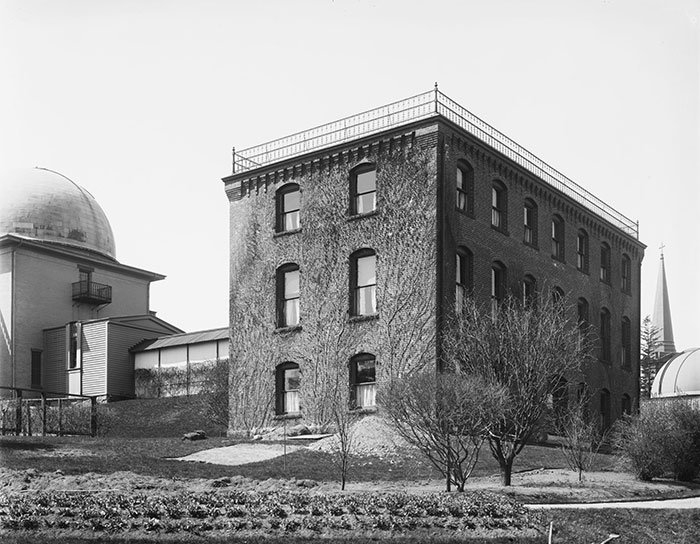
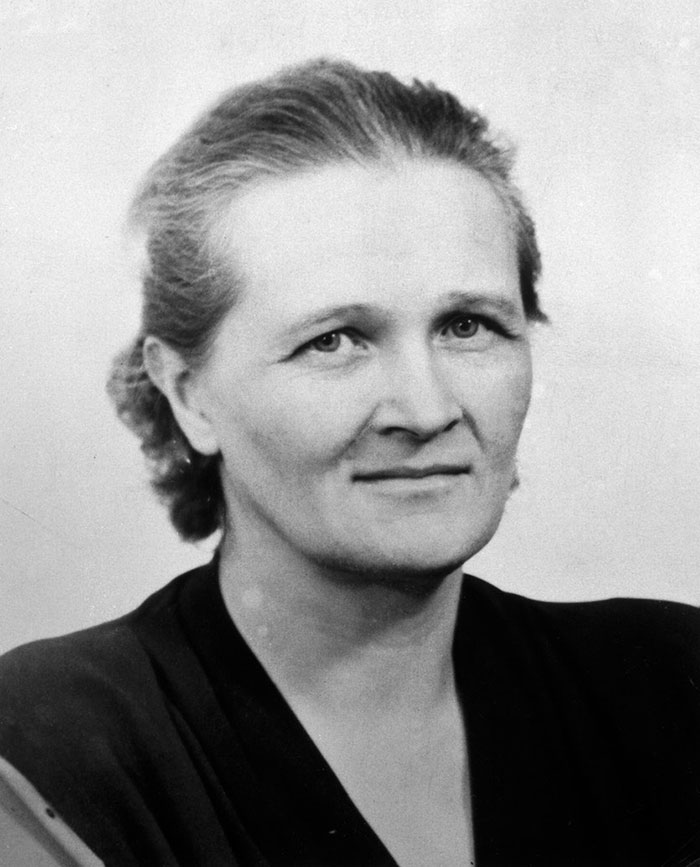
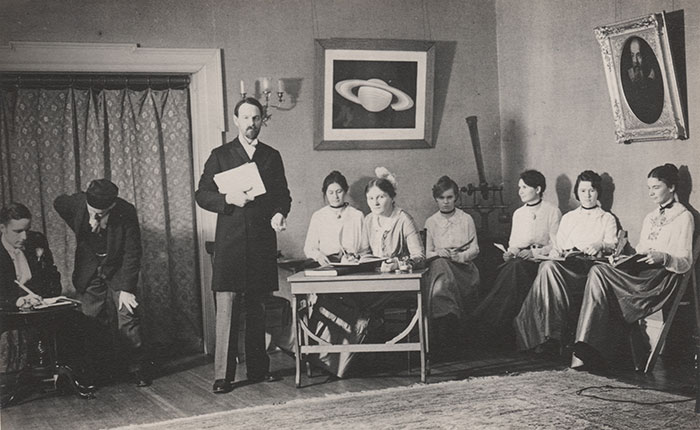
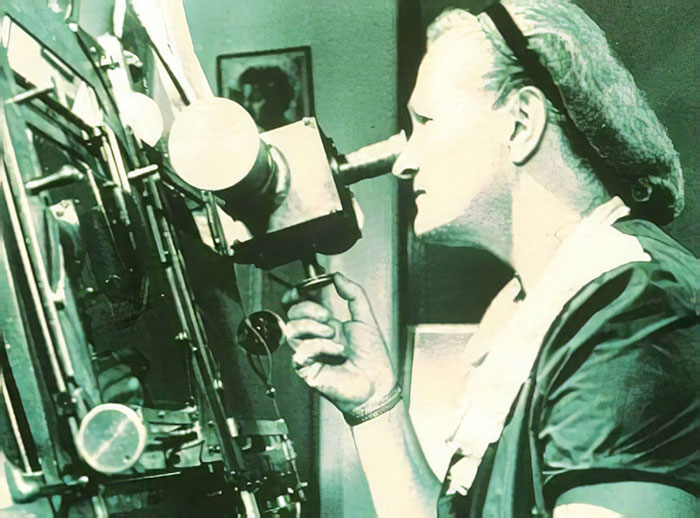
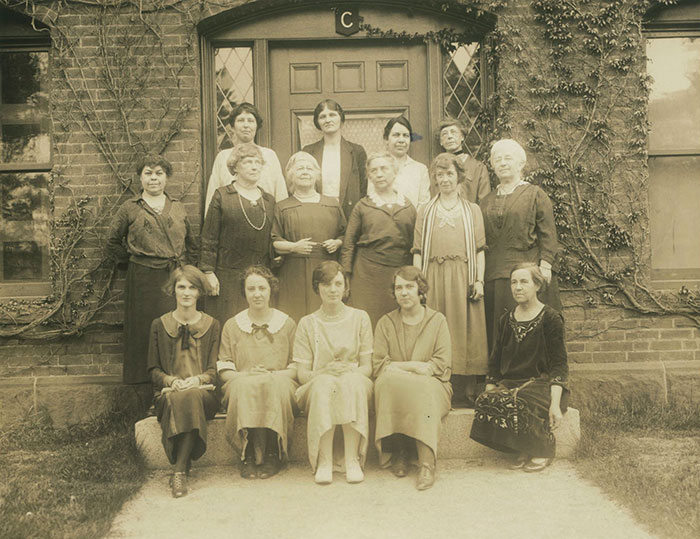
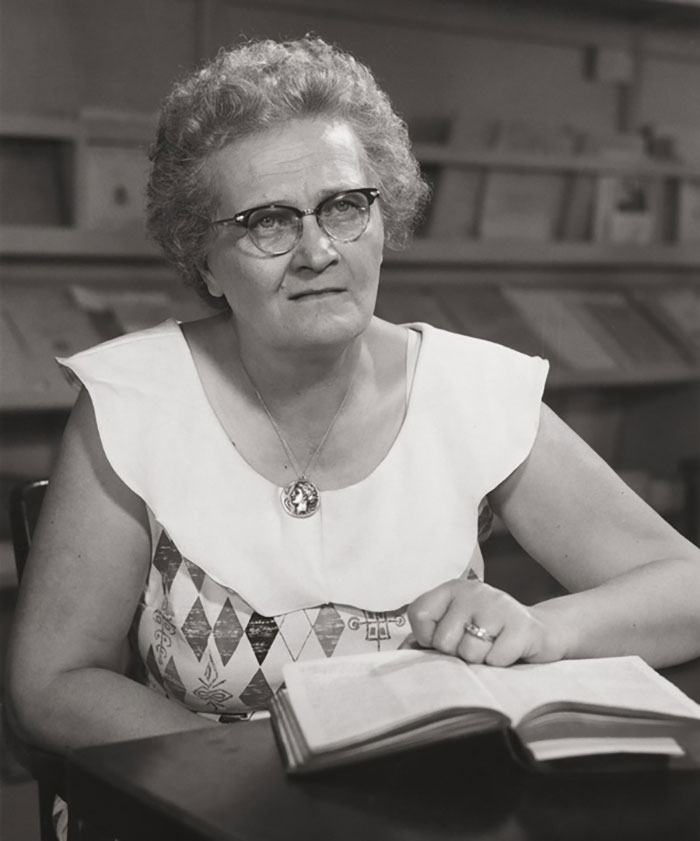











































317
51